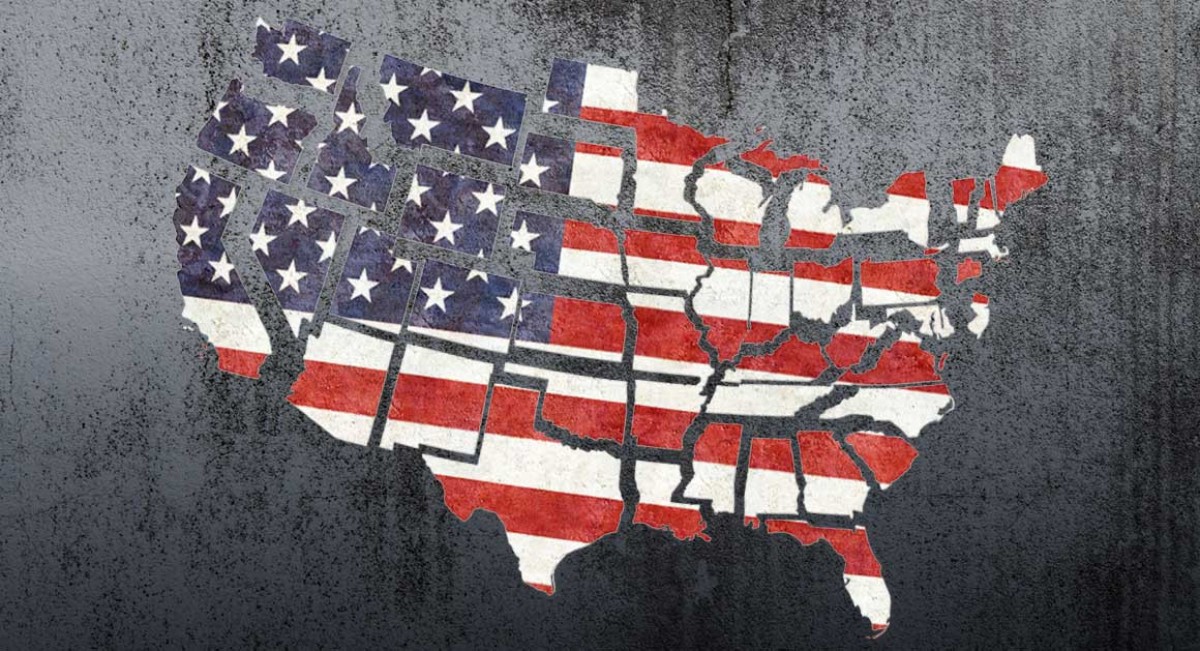 358
358
The United States has long been regarded with mistrust by other leaders. Concerns over the scope and viability of America’s obligations go beyond Trump’s tenure. Under Trump’s administration, Washington has undermined or withdrawn from several international agreements and organisations.
Today, US allies are sceptical of US domestic politics, particularly the widening political rift that casts doubt on the country’s foreign policy direction. Former Norwegian Prime Minister Gro Harlem Brundtland, commenting on the bipolar discourse ahead of the 2020 US presidential election, noted that many European leaders “no longer assume they can trust the United States even in basic matters.”
These misgivings are not baseless. Although the United States’ foreign policy has traditionally been impervious to political divisions, this is no longer the case. On subjects such as global cooperation, climate change, and the fight against their own made-up terrorism, American policymakers are more divided than ever. On the other side, there is a rapidly growing schism between American voters and their elected representatives regarding foreign policy.
Furthermore, by eroding the country’s reputation for stability, credibility, and international reliability, the present political polarisation has had far-reaching repercussions for America’s capabilities to fulfil its foreign policy agendas.
It has long been assumed by those versed in international politics that western liberal democracies are much superior to all other political systems.
However, the likelihood of partisan strife spilling over into foreign policy increases as internal fragmentation intensifies. Although foreign policy in the United States is less polarised than domestic affairs, an ever-widening chasm exists between Democrats and Republicans on foreign policy, as indicated by public opinion surveys and congressional polls. With this gap widening, it can be projected that when the administration that controls the White House changes, even more drastic changes in foreign policy will occur. For example, Trump has overturned past US presidents’ immigration, trade, and climate strategies.
Nevertheless, not only do dramatically differing foreign policy objectives lead to turmoil in this field, but an escalating hostility against the opposition party equally contributes to the current political impasse in the US. As a result of this situation, US leaders are forced to nullify the policies of their predecessors from the opposing party.
An eminent political scientist, Kenneth Schultz, argues that partisan consensus on the president’s foreign policy is a crucial barometer of national cohesiveness.
Such indicators of bipartisanship and unity in foreign policy become less visible as polarisation develops in the US.
The alternative to such a bipartisan alliance would be for the opposition party to sabotage the integrity of the foreign policy approach of the incumbent president. For instance, when it came to the negotiations over the Iran nuclear deal, Republicans in Congress exhibited a similar proclivity throughout Obama’s administration.
Thus, it is unsurprising that the Biden administration attempts to conceal its next steps in the nuclear negotiations with Iran from Republicans. Undoubtedly, this will deepen suspicion between the White House and its congressional opponents. Meanwhile, in highly polarised [so-called] democracies, attaining the bipartisan majority needed to ratify international treaties becomes increasingly difficult. Given the partisan divide in the United States and the need for a two-thirds majority in the Senate to ratify foreign agreements, the United States has become far less involved in international affairs.
Reactions to national security concerns in the United States have historically indicated the country’s degree of divisiveness. So, when new security challenges emerge in an already polarised society like the United States, they swiftly metamorphose into a political crisis. Today, this dreadful dilemma implies that the most urgent foreign policy concerns in the United States will be more contentious than unifying. Hence, without bipartisan backing, the Biden administration risks derailing vital international agreements, rendering them utterly inefficient.
Consequently, it is easy to forecast that enormous political fluctuations with each election campaign will be a permanent characteristic of current American politics. Many of the factors that lead to existing ideological fragmentation, including economic disparities, a perplexing media culture, and the overall collapse of bipartisan values in Washington, all of which ensure that this crisis will not go away anytime soon,
Finally, bipolarity breeds mistrust in international affairs and frustration among America’s allies. Washington’s international standing as a credible ally would be substantially jeopardised if continued bipolarity forces the US to abandon diplomatic solutions or repudiate previous commitments every time a new party enters the Oval Office.
Comment
Post a comment for this article